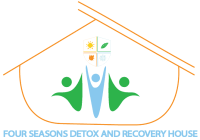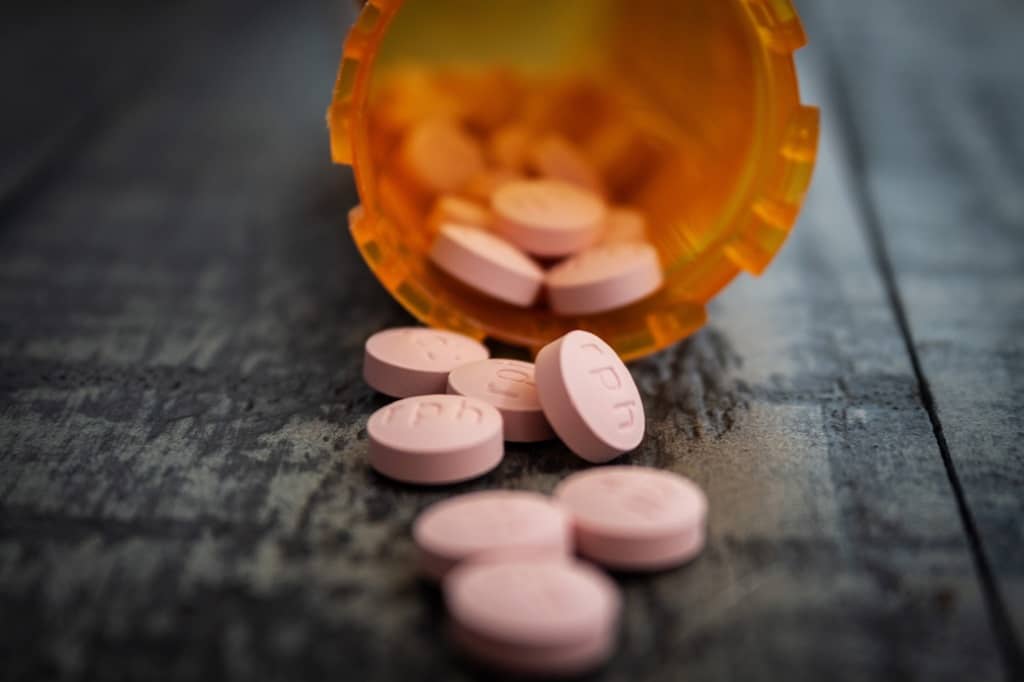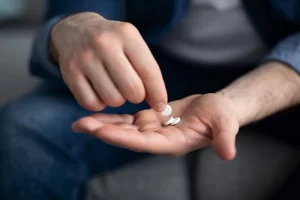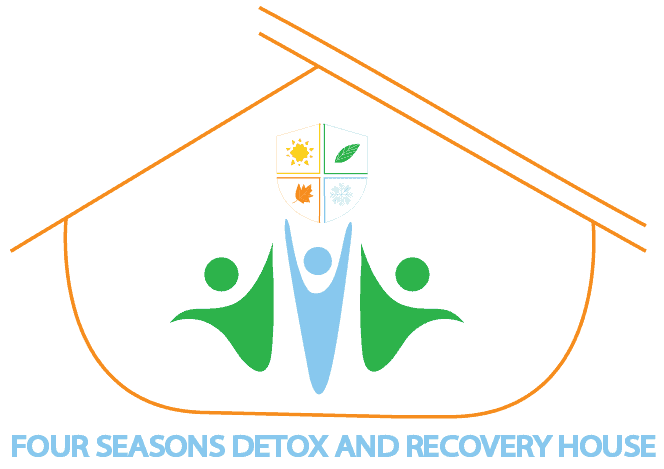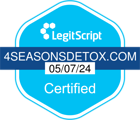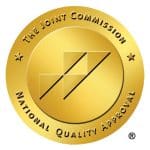In a world where pharmaceuticals and recreational substances are readily available, it’s crucial to understand the fine line between drug misuse, abuse, and addiction. These terms are often used interchangeably, but they carry distinct meanings that impact individuals differently. Whether you’re a concerned parent, a curious student, or someone navigating their own journey, this guide will shed light on the nuances of drug-related behaviors and their consequences.
As we delve into the intricacies of drug misuse, abuse, and addiction, we aim to demystify the terminology, providing clarity on the actions and patterns that define each category. Knowledge empowers, and in the realm of substance use, understanding the differences can be a beacon guiding towards informed decisions and supportive interventions.
What is Drug Misuse?
In the vast landscape of substance-related terminology, “drug misuse” stands as a distinct yet often misunderstood concept. At its core, drug misuse refers to the inappropriate or unintended use of medication or other substances, deviating from the prescribed or intended purpose.
Imagine you have a prescription for pain medication, and you decide to take more than the recommended dose, thinking it will alleviate your discomfort faster. This act, straying from the prescribed guidelines, constitutes drug misuse. It’s important to note that drug misuse can extend beyond prescription medications to include over-the-counter drugs and even recreational substances.
Examples of Drug Misuse:
- Prescription Medications: Taking medication inconsistently, altering dosages without consulting a healthcare professional, or sharing prescriptions with others.
- Over-the-Counter Drugs: Using non-prescription medications in excessive amounts or for purposes other than what they are designed for.
- Recreational Substances: Experimenting with substances for non-medical reasons and without regard for potential risks.
Potential Consequences of Drug Misuse:
Engaging in drug misuse can have a range of consequences, both short-term and long-term. These may include:
- Health Risks: Increased chances of adverse reactions, allergic responses, or unintended side effects.
- Legal Ramifications: Depending on the substance, misusing drugs can lead to legal issues and complications.
- Dependency: Continued misuse may pave the way for the development of habits that can escalate into more serious forms of substance use.
What is Drug Abuse?
As we navigate the intricate landscape of substance-related behaviors, the term “drug abuse” emerges as a pivotal concept deserving of exploration. Unlike drug misuse, which involves the improper use of substances, drug abuse transcends into a pattern of harmful and excessive use, often with a blatant disregard for the associated risks.
Imagine a scenario where an individual consistently consumes alcohol beyond moderate limits, leading to impaired judgment and physical health issues. This persistent, harmful pattern characterizes drug abuse. It extends beyond prescription and recreational substances to encompass a spectrum of drugs with the potential for misuse.
Examples of Drug Abuse:
- Alcohol Abuse: Regularly consuming alcohol in excessive amounts, leading to physical and psychological harm.
- Illicit Drugs: Engaging in the chronic use of illegal substances, such as cocaine, heroin, or methamphetamine.
- Prescription Drug Abuse: Taking prescription medications outside of prescribed guidelines, seeking their psychoactive effects.
Potential Consequences of Drug Abuse:
Understanding the potential repercussions of drug abuse is crucial for anyone navigating this complex terrain. Consequences may include:
- Health Deterioration: Chronic abuse can lead to a myriad of health issues, both physical and mental.
- Relationship Strain: Drug abuse often strains relationships with family, friends, and colleagues.
- Legal Consequences: Engaging in the illicit use of substances may result in legal repercussions.
What is Drug Addiction?
In our exploration of substance-related terms, “drug addiction” emerges as a profound and often daunting concept. Unlike drug misuse and abuse, addiction signifies a complex, chronic condition characterized by an individual’s compulsive need for a substance despite adverse consequences.
Imagine a scenario where an individual, despite experiencing negative health effects, strained relationships, and legal issues due to substance use, continues to crave and seek the drug. This persistent, compulsive behavior defines drug addiction, indicating a shift from voluntary use to a state where the substance takes control.
Examples of Drug Addiction:
- Opioid Addiction: A person reliant on opioids, such as prescription painkillers or heroin, to the extent that it becomes a central focus of their life.
- Nicotine Addiction: Compulsive smoking, often despite awareness of associated health risks and attempts to quit.
- Alcohol Addiction: Chronic and uncontrollable alcohol consumption, leading to physical dependence and withdrawal symptoms.
Potential Consequences of Drug Addiction:
Understanding the potential consequences of drug addiction is crucial for both individuals experiencing it and those aiming to support them. Consequences may include:
- Physical and Mental Health Decline: Addiction often exacerbates existing health issues and gives rise to new ones.
- Isolation: Individuals may withdraw from social activities, relationships, and responsibilities.
- Legal and Financial Struggles: The compulsive need for substances can lead to legal issues and financial strain.
Difference between Drug Misuse vs Abuse
As we navigate the intricate world of substance-related terms, understanding the nuances between drug misuse and drug abuse becomes pivotal. While these phrases are often used interchangeably, they encapsulate distinct patterns of behavior with varying degrees of severity.
Distinguishing Drug Misuse:
Drug misuse involves the improper or unintended use of medications or substances. It’s like deviating from a prescribed path – taking medication inconsistently, altering doses without professional guidance, or experimenting with recreational substances without considering potential risks.
Distinguishing Drug Abuse:
On the other hand, drug abuse signifies a more alarming pattern. It’s a chronic and harmful use of substances, often with a blatant disregard for associated risks. Picture someone consistently exceeding recommended alcohol limits or engaging in the chronic use of illicit drugs – this reflects a pattern of drug abuse.
Key Differences:
- Intent vs. Pattern: Misuse often stems from a lack of understanding or unintentional deviation from guidelines. Abuse, however, involves a consistent, intentional pattern of harmful use.
- Consequences: While both misuse and abuse can have consequences, the severity tends to escalate with abuse. Abuse is associated with more profound health, legal, and social ramifications.
- Frequency and Duration: Drug misuse may be sporadic or occasional, whereas drug abuse involves a persistent and escalating pattern over an extended period.
Difference between Drug Abuse vs Addiction
As we continue our exploration of substance-related terms, a crucial distinction emerges between drug abuse and drug addiction. While both involve harmful patterns of substance use, understanding the nuances is key to addressing these issues effectively.
Distinguishing Drug Abuse:
Drug abuse, as we’ve discussed, is characterized by a consistent and harmful pattern of substance use. It’s a chronic behavior that can lead to severe consequences, impacting an individual’s health, relationships, and legal standing. Picture someone regularly exceeding alcohol limits or engaging in the chronic use of illicit drugs – this reflects a pattern of drug abuse.
Distinguishing Drug Addiction:
On the other hand, drug addiction takes complexity to another level. Addiction is marked by a compulsive need for a substance despite adverse consequences. It goes beyond intentional misuse or abuse, signaling a shift from voluntary use to a state where the substance gains control over the individual’s life.
Key Differences:
- Control over Substance: In drug abuse, the individual maintains some level of control over their substance use, even if it’s harmful. Addiction, however, involves a loss of control, with the substance dominating decision-making.
- Compulsion to Use: While both abuse and addiction have harmful consequences, addiction is characterized by a compulsive and often uncontrollable urge to use the substance.
- Psychological Dependence: Drug abuse may not necessarily lead to psychological dependence, but addiction almost always involves a profound psychological reliance on the substance.
How to Recover from Drug Misuse, Abuse, and Addiction
Embarking on the journey towards recovery from drug-related challenges is a courageous step, and at Four Seasons Detox, we understand the importance of providing comprehensive support tailored to each individual’s unique needs.
1. Recognize the Need for Help:
The first and often most challenging step is acknowledging the need for assistance. Whether you’re dealing with drug misuse, abuse, or addiction, recognizing the impact on your life is a crucial starting point.
2. Reach Out for Professional Guidance:
At Four Seasons Detox, our team of experienced professionals is here to guide you through the recovery process. Seeking professional assistance can provide a structured and supportive environment for addressing the complexities of drug-related issues.
3. Comprehensive Assessment:
Our dedicated staff conducts a thorough assessment to understand your specific situation. Whether it’s devising a plan for overcoming misuse, addressing the harmful patterns of abuse, or navigating the complexities of addiction, a personalized approach is essential for effective recovery.
4. Tailored Treatment Plans:
No two individuals are the same, and neither are their paths to recovery. At Four Seasons Detox, we create individualized treatment plans that may include detoxification, counseling, therapy, and ongoing support to address the root causes of drug-related challenges.
5. Holistic Approach to Recovery:
Our holistic approach recognizes that recovery extends beyond the physical aspect. We focus on mental, emotional, and social well-being, fostering a comprehensive and sustainable recovery.
6. Ongoing Support:
Recovery is a journey, not a destination. Four Seasons Detox provides ongoing support to ensure individuals continue to build a foundation for a drug-free life. From counseling sessions to support groups, our commitment to your well-being extends beyond the initial phases of recovery.
